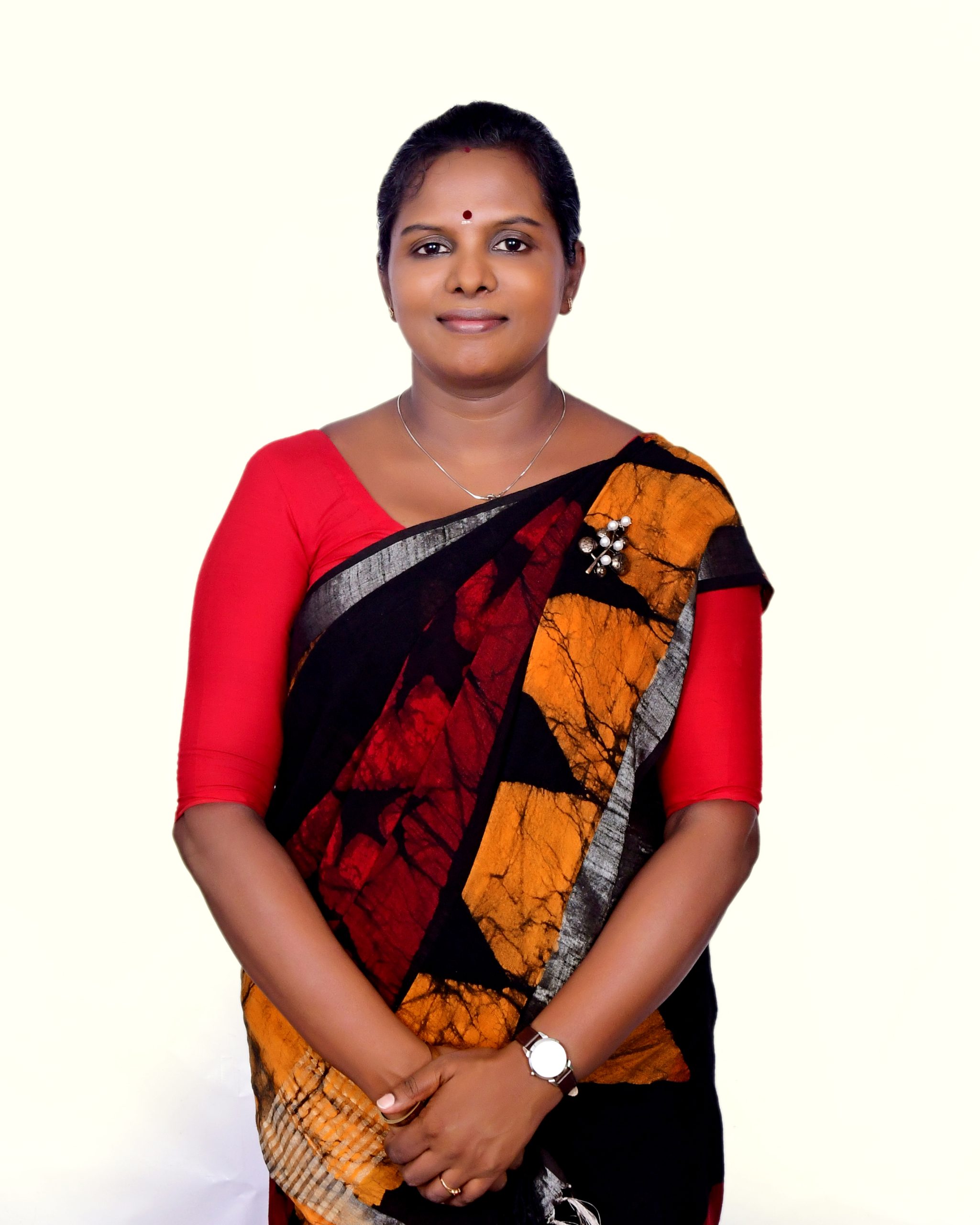What we do
Aesthetic education aims to increase the student’s appreciation of arts and bring out individual creativity. Artistic perception, Creative expression, Historical & Cultural context, Aesthetic appreciation and Connection-Relationship-Appreciations are five main concepts identified in the of the Aesthetic curriculum for grades 6-13. It has been designed to achieve 21st-century skills through these concepts. The Department of Aesthetic Education provides 08 subjects in terms of three language mediums as Sinhala, English and Tamil. Subjects are as; Art, Oriental music, Drama and Theatre, and Dancing in Sinhala medium, Bharatha Nattyam, Carnatic music and Drama and Theatre in Tamil medium and Western Music in English Medium. The Curriculum of Aesthetic education has been developed with more emphasis on the practical aspect of arts that enables the development of a balanced personality.





Management Assistant I

Management Assistant I

Management Assistant III
The Department of Aesthetic Education shoulders the responsibility of academic quality of 07 subjects: Art(s), Oriental music, Dancing, Drama and Theater(s), Western music, Carnatic music and Bharatha Nattayam. Curriculum of Aesthetic Education that places more emphasis on the hands-on experiences and values contribute to the development of balanced personality of the students. Department of Aesthetic Education also provides a learning space and a space for critical evaluation of historical artifacts that support the development of practical skills and creative skills. In addition, the tri- lingual working culture of this Department is a better platform to enhance national and religious reconciliation. Aesthetic Education, which is at the forefront of the new educational reforms, is also embarking on a journey that is determined to achieve 21st century skills. Artistic Perception, Creative Expression, Historical & cultural Context, Aesthetic Appreciation and Connection-Relationship-Appreciations have been identified as the five main concepts to fulfil this purpose. Aesthetic curriculum of grade 6-13 is designed to achieve 21st century skills through these concepts.
Director, Department of Aesthetic Education